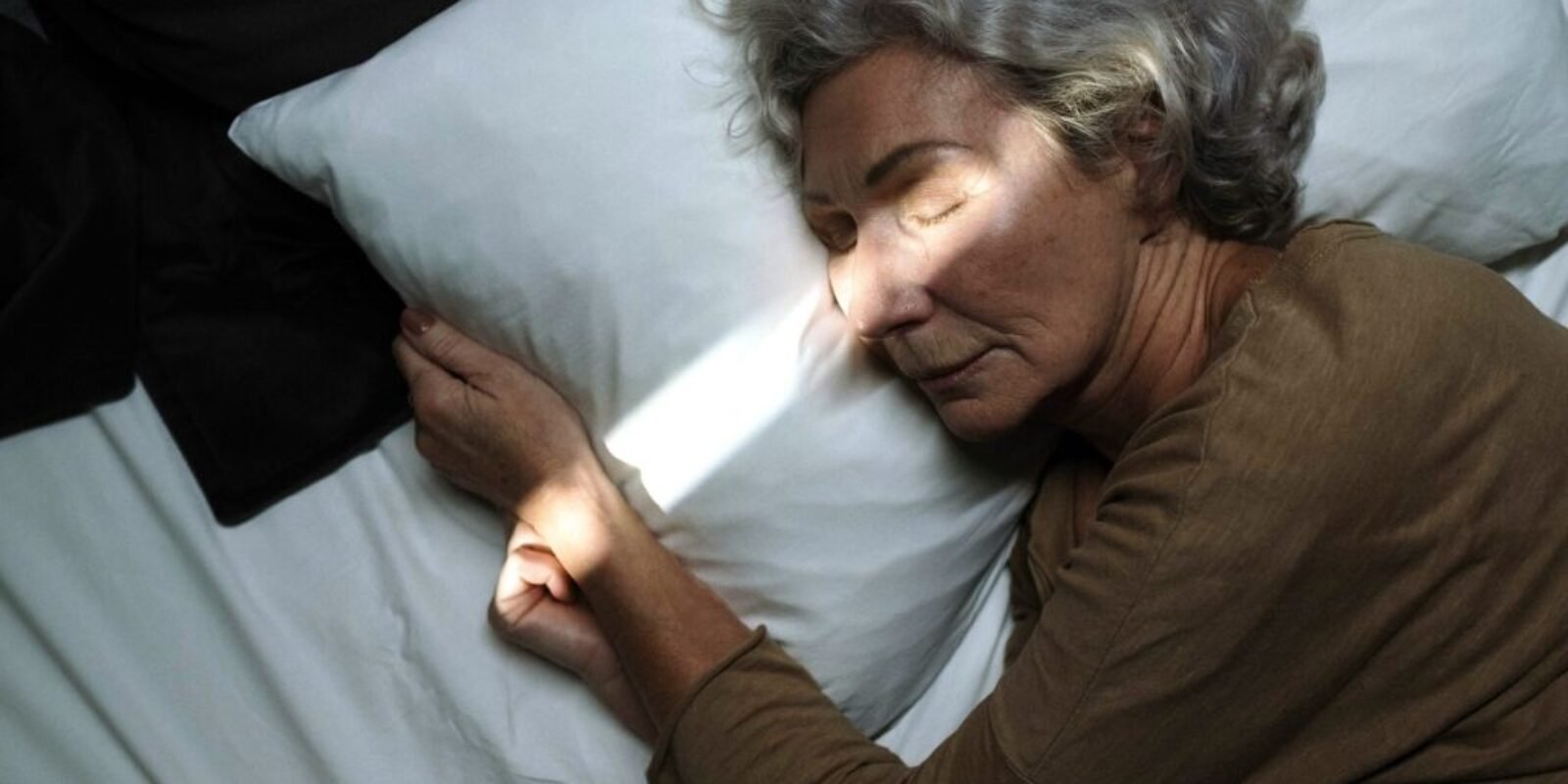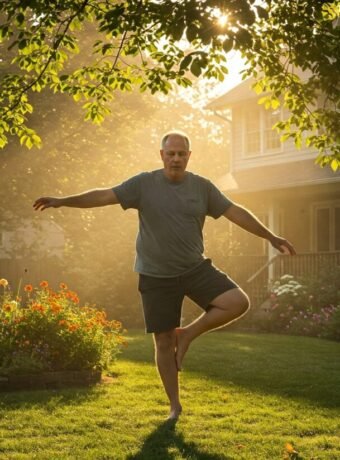Are you ready to unlock the secrets to embracing those midday siestas like never before? If you’ve ever wondered how to truly harness the health benefits of naps, especially as you gracefully enter your senior years, you’re in for a treat.
It’s time to delve into the world of rejuvenating daytime snoozes and discover just how they can become your secret weapon for vitality and well-being. So grab your coziest blanket and let’s dive deep into the realm of nap-induced bliss!
Unlocking the Secrets to Healthier Naps in Later Life
The health benefits of naps for seniors are a recent area of scientific investigation. We all know, or at least have heard, that regular midday naps are a healthy habit no matter what your age. Research suggests that the health benefits of naps include improved natural immunity against colds and better cardiovascular health.
Many seniors may feel overwhelmed with daily tasks, viewing a midday nap as an unaffordable luxury. Yet, as the day progresses, it’s not uncommon for fatigue to set in, sapping one’s energy. This can lead to a feeling of exhaustion, a wandering mind, and heavy eyelids that seem almost impossible to keep open.
Should you reach for that third cup of coffee nad push forward with the day when that happens? Jade Wu, a sleep psychologist and researcher at Duke University, says you should consider the health benefits of naps instead. She says a high-quality catnap is “like a performance-enhancing drug without the drug part.”
Napping can help you think more clearly, react more quickly, boost your mood, and improve your memory, Wu adds. Indeed, scientists have even linked naps to increased productivity and creativity. So much so that some companies have introduced napping rooms into the workplace.
It appears the brain uses nap time to process information gathered earlier in the day. This helps to enhance problem-solving abilities as the day wears on.
Prefer to listen rather than read?
Cognitive Health Benefits of Naps for Seniors
Do the cognitive health benefits of naps extend into later life? How much of the health benefits of naps are carried over in your senior years? Researchers from Johns Hopkins University headed to China to find out.
Taking a quick snooze, especially around midday, might seem like a luxury to some, but did you know it’s a deeply rooted tradition in Chinese culture? For generations, from bustling city dwellers to serene countryside folks, millions of Chinese people have embraced the art of napping.
Why, you ask? Well, it all boils down to a collective belief, passed down from wise ancestors, in the health benefits of naps. Imagine, in the middle of a hectic day, allowing yourself a moment of tranquility, a brief escape to recharge. This isn’t just about catching up on lost sleep; it’s about revitalizing your mind and body.
The health benefits of naps are more than just folklore; they’re backed by science. A short nap can boost your creativity, improve your mood, and even enhance your problem-solving skills. It’s like hitting the refresh button on your brain! In a world that’s always on the go, taking a moment to pause with a nap can make all the difference. It’s a simple, yet profound way to care for your well-being.
The researchers enlisted nearly 3,000 Chinese people aged 65 and above for the study. They published the results of their research in 2016. The researchers found that approximately 60 percent of the participants took naps lasting about an hour after lunch every day.
But the more interesting discovery was that only those who napped within a specific duration, between 30 to 90 minutes, exhibited the health benefits of naps. They showed improvements in word recall, indicating a healthier memory, compared to those who didn’t nap at all or those who napped for longer than 90 minutes.
These individuals also displayed better skills in figure drawing, which is another indicator of good cognitive function and the health benefits of naps.

How Much Is Too Much?
The researchers conducted various tests on the participants, all of which were designed to permit a measure of the cognitive health benefits of naps on seniors. The participants answered simple questions, solved basic math problems, completed word memorization and recall tests, and copied simple drawings.
The results suggest that older individuals who took an hour-long nap after lunch performed better on mental tests compared to those who didn’t nap at all. They also exhibited better cognitive performance than those who took shorter or longer naps.
These results appear to suggest a thin line separating healthy naps and naps that could be indicative of unhealthy, or even detrimental, sleeping habits. The researchers observed that participants who didn’t nap or took shorter or longer naps experienced more significant declines in mental ability compared to those who took hour-long naps.
The decline in mental abilities for those who took shorter or longer naps was about four to six times greater than the decline seen in individuals who took hour-long naps. The impact on mental abilities was comparable to the decline that would be expected after a five-year increase in age.

Short Naps are Best for Seniors
The researchers did not directly associate longer naps with the observed declines. Instead, they suggested that individuals who take longer naps during the day might do so because they’re not getting sufficient sleep at night.
In fact, there has been much public discourse about the relationship between the detrimental effects of extended daytime napping and poor cognitive function.
“I consider napping to be a good thing, but it needs to be taken in the context of the person and his or her sleep cycles and body,” says Charlene Gamaldo, M.D., medical director of Johns Hopkins Sleep Disorders Center.
If someone isn’t sleeping well at night, they might feel the need to compensate by taking longer naps during the day to make up for the lack of proper rest, says Gramaldo. “In the study, naps longer than 90 minutes could have been called ‘a second sleep.’”
It is poor quality nighttime sleep – the kind that requires longer naps during the day – that can lead to cognitive problems, she adds. So, while nighttime sleep might not come easy for many older adults, that does not mean you need less sleep as you grow older.
The crux of the problem is tossing and turning at night. Timothy Rohers, director of the Sleep Disorders and Research Center of the Henry Ford Health System, says that many older adults are unable to sleep well at night because they experience sleep disorders – such as sleep apnea or restless leg movements -that can disrupt their sleep.
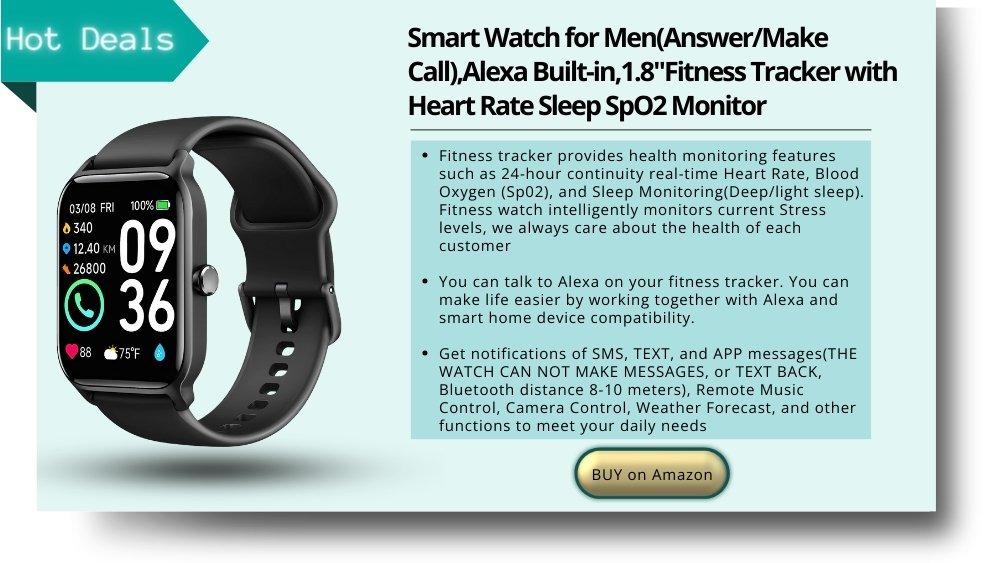
“Normal aging is associated with more disrupted sleep,” says Roehrs, “You may arouse more easily during the night, wake up more often to go to the bathroom or just spend fewer hours asleep.” Like the researchers from Johns Hopkins, Roehrs does not equate long naps with poor cognitive health.
It’s the poor quality of night-time sleep that takes a toll on cognitive functions, he says. Otherwise, short daytime siestas are a good habit for older people.
“A midday nap is helpful at any age to help boost cognitive activity,” says Dr. Roehrs of the health benefits of naps for seniors. “But since memory problems are often a natural function of aging, a midday nap is even more beneficial for older adults.”
5 Tips to Help You Reap the Benefits of Regular Midday Naps
Judging by the results of research so far, scientists say that the health benefits of naps are clear and undeniable, especially for older people. But how should older regulate and manage it so that they get the fullest health benefits of naps? Below are six tips from sleep-medicine experts to help you take the perfect nap.
Use an Alarm Clock to Limit Your Nap Time
Ever felt like a quick snooze could turn your day around? Well, you’re onto something! Embracing the health benefits of naps, especially as we grow older, can be a game-changer. Think about it – a brief, 30-minute catnap can work wonders. It’s like hitting the refresh button on your day!
To make the most out of these power pauses, here’s a little tip: set an alarm for 30 minutes. This way, you avoid diving into deeper stages of sleep, which can leave you feeling groggy instead of refreshed. By keeping it short, you’re tapping into the incredible health benefits of naps, boosting your mood, and enhancing your alertness without messing up your night’s sleep.
The concern here is that when someone wakes up during a deeper stage of sleep, they may experience what experts call “sleep inertia.” This phenomenon occurs because the brain assumes it’s nighttime and resists the waking process, resulting in that groggy feeling when abruptly awoken from deep sleep.
Setting a time limit helps you avoid entering these deeper sleep stages, allowing for a quicker and easier transition back to wakefulness. Does that sound like too short a nap for you? If you plan to sleep longer than 30 minutes, use a sleep tracker to monitor any issues that may arise when you enter a deeper sleep stage.
Sleep trackers like Withings Sleep are an excellent option. They provide information about breathing disturbances, heart rate, and snoring, all of which will allow your doctor to make informed decisions about your sleeping habits.
Remember, that if you wake up craving more sleep at midday, your body may be attempting to compensate for its lack of sufficient rest during the night. So, why not give it a try?

Enjoy Your Nap Early in the Day
Just like a regular bedtime for nighttime sleep, you can best reap the health benefits of naps by having a consistent schedule for your siestas. When you consistently nap at the same time each day or on chosen days, you regulate your body’s internal clock.
This routine trains your body to anticipate and prepare for rest at that specific time, making it easier to fall asleep and wake up during your nap. Well, the secret lies in timing! Opting for a late morning or early afternoon nap is a game-changer.
This schedule is in keeping with the body’s natural circadian rhythms and minimizes the risk of interfering with your ability to fall asleep at night. This sweet spot in your day is not just a pause; it’s a powerful boost, unlocking the health benefits of naps.
Napping too late in the day or close to bedtime might disrupt your nighttime sleep, as you might not feel as tired or ready to sleep when it’s time for bed.

Turn the Lights Off, Draw the Blinds, and Take a Break from Your Phone
People’s sensitivity to light varies. Some individuals may be more affected by light exposure than others, and this sensitivity can influence how easily you can fall asleep and the quality of your nap.
Even so, the light emitted by electronic devices, such as smartphones, tablets, and computers, contains blue light. Exposure to this type of light can suppress the production of melatonin, a hormone that regulates sleep.
This suppression can make it harder for individuals to fall asleep and may reduce the overall quality of their sleep.
To reap the cognitive health benefits of naps, your best bet is to draw the blinds, turn off Netflix, and fight the temptation to fidget with your smartphone when nap time comes. If think that’s not enough to help you sleep, use a sleep mask.
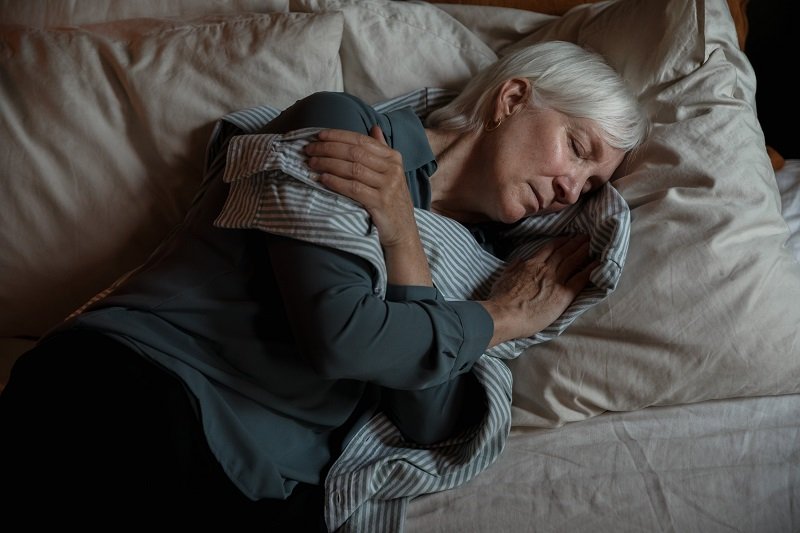
Try to Sleep in Bed, Not Anywhere Else
While you can nap on the couch, scientists say napping in your bed is better. Your bed offers a familiar and comfortable environment. This promotes quicker relaxation and sleep onset.
By napping in your bed, you can also isolate yourself from distractions or activities happening in the living room. This isolation can create a more conducive environment for rest and relaxation.
If a bed is not available, you should at least try to get as horizontal as possible for you to get the full health benefits of naps. And this means lying down rather than sitting upright.
Being in a horizontal position is generally more comfortable and can aid in relaxation, making it easier to fall asleep.
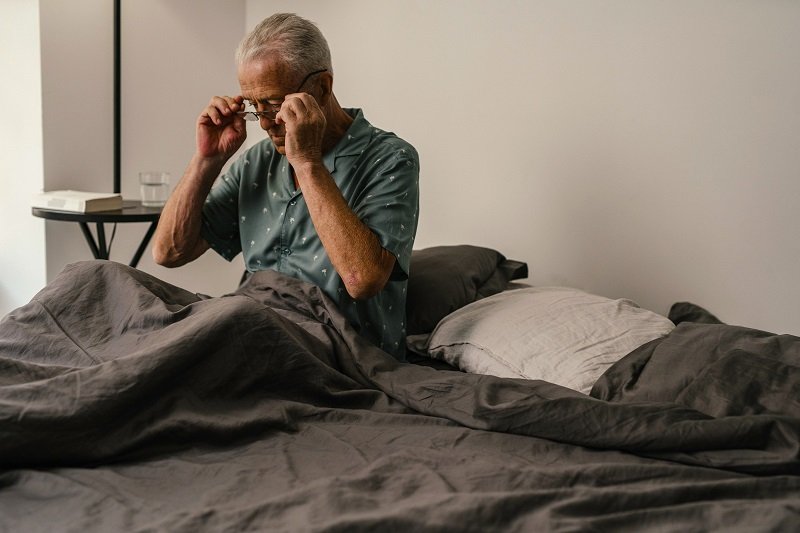
A Little White Noise Is Okay
The presence of noise in your environment can disrupt your sleep patterns, potentially causing you to wake up during the night or prevent you from falling asleep in the first place. Even if you don’t consciously register the noise, sleep monitors can reveal disturbances in your sleep that are associated with ambient sounds.
If eliminating or reducing external noise poses too much of a challenge, using earplugs can be a practical solution. Earplugs help block out or reduce the impact of ambient sounds, creating a quieter environment conducive to better sleep.
If you feel uncomfortable wearing earplugs, consider getting a white noise machine. These machines produce a consistent and soothing background noise, often referred to as “white noise.”
White noise masks sudden changes in sound volume and frequency, helping to create a more stable auditory environment.

Napping Can Be Good for You … If You Do It Right.
If you struggle to stay awake during the day, experts say it’s best to address the root cause rather than rely entirely on napping. You need a consistent full night’s sleep to reap the health benefits of naps.
Consult your doctor about your sleep and napping habits. There are also several things you can do to ensure better nighttime sleep, such as adjusting room temperature and getting a better mattress.
That said, cutting down on caffeine consumption, maintaining a regular sleep schedule, and getting adequate nighttime sleep are key to reaping the health benefits of naps in the daytime.
In the final analysis, it seems that there is a right way and a wrong way to nap, too, as there is just about anything worth doing in life. You get the health benefits of naps only if you do it right.
If you nap as you should, a regular midday nap performs its function of refreshment, revival, strengthening your body, and sharpening both your mind and your memory in old age.
The best thing, the thing that will give you all the health benefits of naps, is to relish the delicious shallowness of daytime sleep.
Then you awake again – fresh, ready to confront the rest of the day – fully renewed and with the pink of health on your skin. What a great idea it was to take a nap, after all, wasn’t it?
What do you think?
Certainly! Here are some FAQs with brief, concise answers for your post on “5 Secrets to Reaping the Health Benefits of Naps”:
FAQs
- How long should my naps be to gain health benefits?
- Optimal nap lengths are typically 20-30 minutes to avoid grogginess and gain maximum refreshment.
- When is the best time to take a nap?
- The best time for a nap is usually between 1:00 PM and 3:00 PM, which aligns with the body’s natural circadian rhythm.
- Can napping affect my nighttime sleep?
- Short naps (20-30 minutes) usually don’t affect nighttime sleep. Avoid napping too late in the afternoon to prevent potential disruptions.
- What are the health benefits of taking regular naps?
- Regular naps can improve mood, increase alertness, reduce fatigue, and enhance cognitive function.
- Are there any tips for creating a good napping environment?
- A good napping environment is quiet, dark, and cool. Using earplugs, eye masks, or white noise machines can help create the ideal conditions.
Disclaimer
The content provided on MySeniors.World is for informational purposes only and is not intended as either financial or medical advice. Always consult a qualified professional before making any investment or health-related decisions.
Posts may contain affiliate links, meaning we earn a commission – at no additional cost to you, if you click through and make a purchase. Your support helps us continue providing valuable content.
